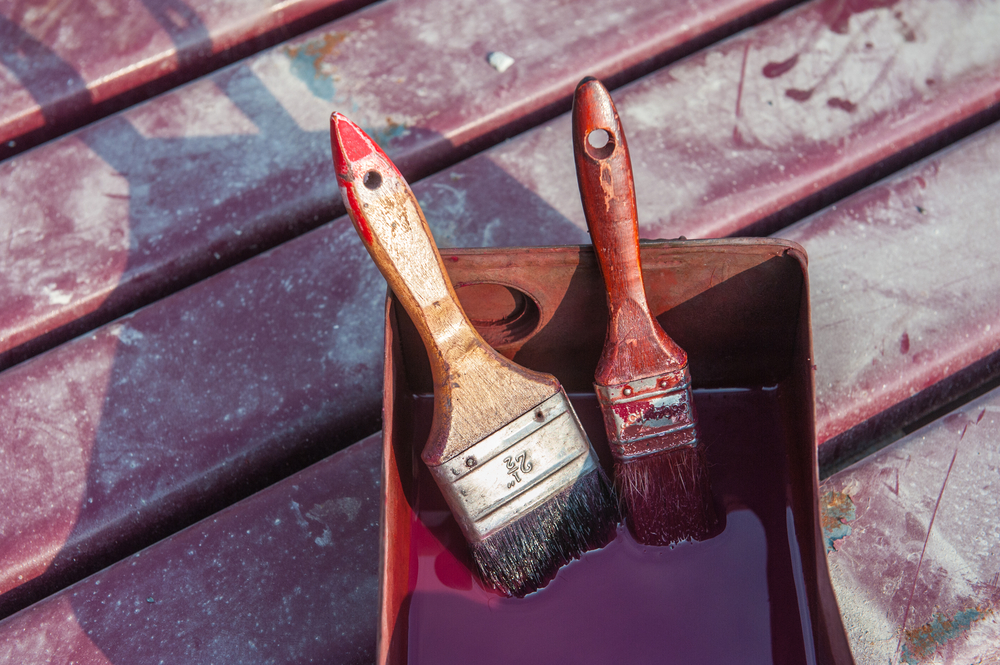Exploring Mineral Spirits: A versatile solvent for paint thinning, cleaning, and degreasing. Learn its uses, safety tips, and eco-friendly alternatives.
Exploring Mineral Spirits: A Comprehensive Guide

Mineral spirits, also known as white spirits, are a popular choice among many professionals and DIY enthusiasts. They are a versatile solvent made from petroleum distillates. Traditionally, they are widely used in painting and decorating, but they have various other applications as well.
What Are Mineral Spirits?
Mineral spirits are a clear, colorless liquid that serves as a thinner for oil-based paints and varnishes. The solution consists chiefly of aliphatic hydrocarbons. It has low volatility and a distinct but mild odor, which makes it preferable to some other solvents.
Production Process
Mineral spirits are derived from crude oil during the distillation process. They are refined to eliminate impurities that might affect their clarity or performance. This purification step is crucial because it impacts the solvent’s effectiveness in cleaning and its overall odor profile.
Uses in Painting and Decorating

One of the most common uses of mineral spirits is in the painting industry. They effectively thin oil-based paints and reduce their viscosity, making the paint easier to apply. Many find this useful for achieving smooth finishes and adjusting the flow properties of paint during application.
- Paint Thinner: Mineral spirits help to thin oil paints, improving application and finish.
- Brush Cleaning: Painters frequently use mineral spirits to clean brushes post-use, maintaining their quality and longevity.
- Surface Preparation: These spirits can remove grease and residue from surfaces, providing a clean canvas for painting.
Applications Beyond Painting
While their primary use is in the painting realm, mineral spirits have additional applications. They are employed in cleaning processes, especially for tools and equipment. This solvent can dissolve hardened stains and residues without aggressive abrasion.
- Degreasing: Effective at removing dirt, grime, and grease from metal surfaces.
- Adhesive Remover: Breaks down adhesives for easy removal from surfaces.
- Stain Removal: Used to treat stubborn stains on floors or furniture before refinishing.
Safety Precautions
Handling mineral spirits requires certain precautions to ensure safety. Though less volatile than other solvents, they are still flammable. Proper ventilation is imperative when using them indoors. Prolonged skin contact should be avoided; gloves are advisable during use.
- Flammability: They can ignite under high temperatures or open flames.
- Ventilation: Use in well-ventilated areas to prevent inhalation of fumes.
- Protective Gear: Wear gloves and eye protection to reduce contact with skin and eyes.
Environmental Considerations
Environmental impact is a growing concern with the use of chemical solvents like mineral spirits. Proper disposal is crucial to minimize their ecological footprint. Many jurisdictions offer guidelines for disposal to prevent pollution of water sources and soil.
- Waste Disposal: Dispose of in accordance with local regulations to avoid environmental contamination.
- Recycling Options: Some facilities offer recycling for used mineral spirits, reclaiming them for future use.
Alternatives to Mineral Spirits
Substitutes are available for those who seek more eco-friendly options or if allergies are a concern. Water-based solvents, citrus-based solutions, and bio-solvents can offer similar results in many applications without the same environmental impact.
- Water-Based Solvents: Offer a less hazardous option with easy clean-up.
- Citrus Solvents: Derived from citrus peel oil, providing a biodegradable and low-toxicity solution.
- Bio-Solvents: Made from renewable resources to reduce carbon footprint.
Caring for Tools with Mineral Spirits
Mineral spirits excel in maintaining the lifespan of painting tools. When used to clean brushes, rollers, and other equipment, they effectively remove paint and prevent residue buildup. Ensuring that all cleaner is rinsed thoroughly helps maintain tool integrity.
Additionally, storing mineral spirits correctly can help maintain their effectiveness. Keep containers sealed when not in use to prevent evaporation and condensation exposure. Mark containers with the date opened as mineral spirits can degrade over long periods.
Conclusion
Mineral spirits play an essential role in many maintenance and cleaning tasks. With proper handling and disposal, they remain a valuable tool for both professionals and amateurs. Consideration of alternatives and safety can maximize their benefits while minimizing their drawbacks.




Subscribe for Updates
Get the latest articles delivered to your inbox.
We respect your privacy. Unsubscribe anytime.